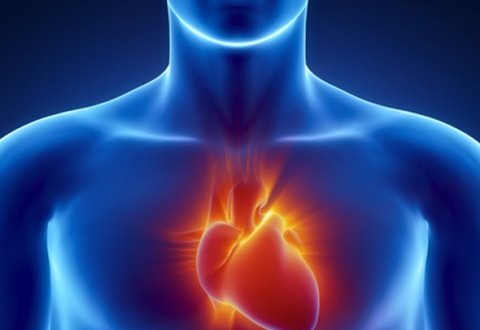University of Leeds research has revealed that heart attack patients have a 46% increased chance of death within a month of discharge if they miss any one of nine types of care.
There is also a 74% increased chance of dying within one year if any one component of care is missed.
The nine pathways of care that have been identified are pre-hospital electrocardiogram, acute use of aspirin, restoring blood flow to the heart (known as reperfusion), prescription at hospital discharge of aspirin, timely use of four types of drug for heart attack (ACE-inhibitors, beta-blockers, angiotensin receptor blockers and statins) and referral for cardiac rehabilitation after discharge from hospital.
Dr Chris Gale, of the School of Medicine at the University of Leeds, led the research, which was funded by the British Heart Foundation. He said: “The tragedy of all this is that these deaths are avoidable.
“There is a clear relationship between the ability to provide comprehensive and timely care, and treatment and improved chance of heart attack survival.
“It is vitally important that healthcare professionals working in the heart disease field are made fully aware of, and trained in, these nine types of treatment so that the chances of saving a heart attack patient’s life are maximised. Many of these guideline recommended steps are straightforward, but for some reason they are not being provided. If more components of care are missed, the chance of dying increases further.”
In the research, based on data from one of the largest registries of quality of care and outcomes for heart attacks, about half of about 31,000 heart attack patients discharged from hospital in England and Wales between January 2007 and December 2010 missed the opportunity to receive a potentially life-saving course of treatment.
Additionally, those cases which missed a course of treatment within the first few hours of the onset of symptoms – such as an electrocardiogram – were at much greater risk of missing other types of care later on.
Professor Peter Weissberg, Medical Director at the British Heart Foundation, said: “The study demonstrates the immense power of collecting ‘real world’ clinical data from doctors and their patients.
“The key message is that someone’s recovery from a heart attack is not solely dependent on any single element of the care pathway. This research shows the importance of ensuring all elements of care for heart attack patients are optimally delivered.
“By focusing on these findings, all centres should be able to improve further the outcome for their patients suffering a heart attack.”
The research also showed that hospitals with fewer specialist beds for heart attack patients and hospitals that treated smaller numbers of heart attack patients were more likely to miss opportunities to deliver care. Hospitals with no specialist cardiology beds missed care opportunities 11% more often than hospitals with more than 50 specialist cardiology beds.
Agencies/Canadajournal
 Canada Journal – News of the World Articles and videos to bring you the biggest Canadian news stories from across the country every day
Canada Journal – News of the World Articles and videos to bring you the biggest Canadian news stories from across the country every day



